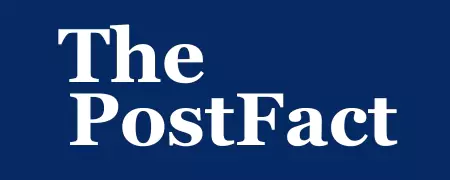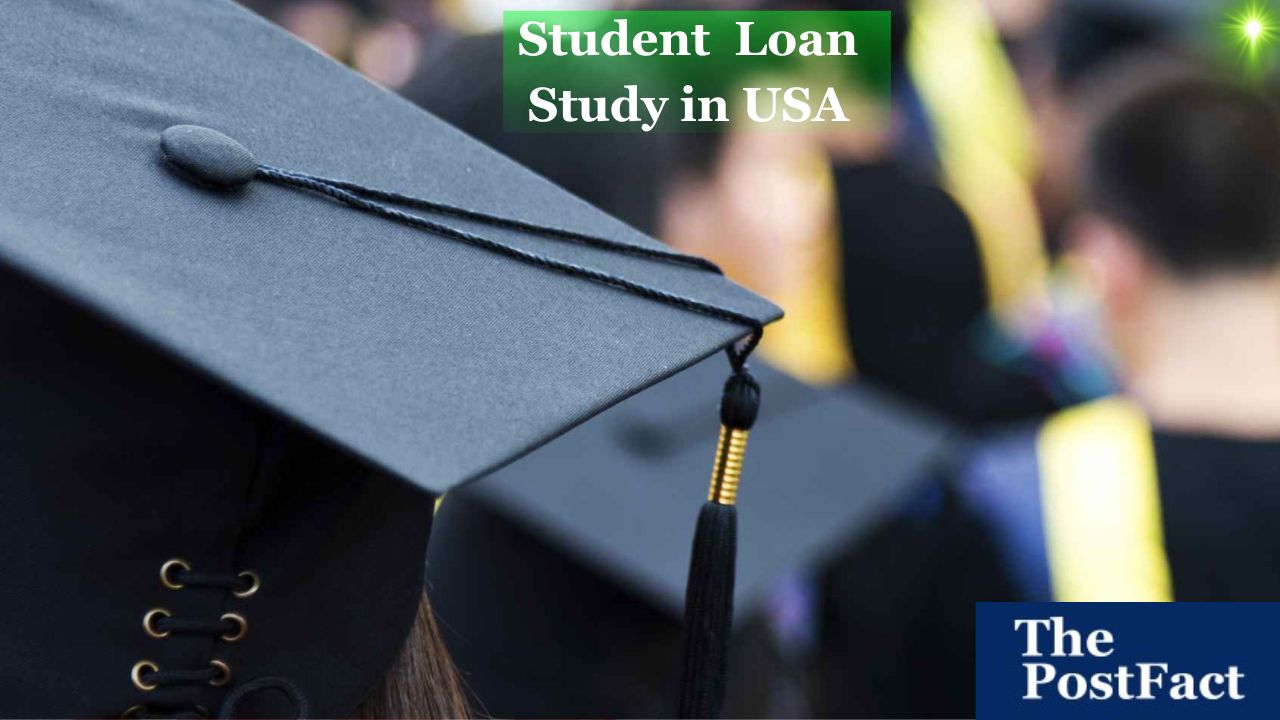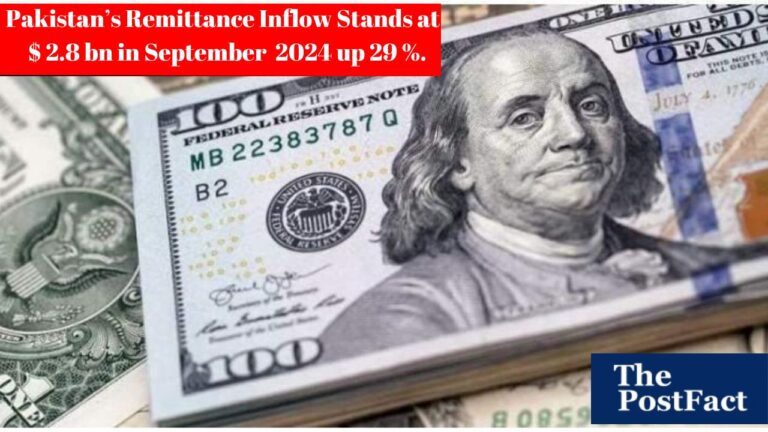Student Loans in USA For National and International Students
First and foremost, any student intending to apply for an international student loans should estimate the cost of their study and these costs include the program, the tuition fees, administrative costs and compulsory payments for their degree program. Some student loans are also able to cover living expenses.
In the capacity as an international student, you’re not going to be eligible to receive direct aid from the government, but non-citizen visa students are able to avail private loans. Knowing the application, repayment and interest rate options is vital.
Student loans no cosigner
Most students wishing to avail a student loan need to have a cosigner willing to take the responsibility of the loans making payments in case the borrower does not. This could be a relative, friend or an acquaintance with a strong credit history. On the other hand, without having a cosigner, you may not qualify for a loan.
Most of the circumstances dictate that one should use scholarship and funds provided by the school for financial assistance. Should there still be a gap of funding then considering international student loans might be the step to take forward.
These private loans for education are tailored only to international students and are usually secured by a person’s credit score. After receiving approval, the money will be sent out straight to your school. Employment on your campus or elsewhere is also an option for paying back the loan if your visa permits you to do so. The criteria for such loans are quite different hence the need for a prospective borrower to consider other alternatives before choosing one.
Federal student loans
International students may qualify for US federal loans for education. Eligibility depends on noncitizen status and whether or not you have a consigner. In addition, it is required that a seeker of federal aid submits FAFSA. Undergraduate international students can also apply for private, corporate and non-profit scholarships.
International students’ private loans are mostly credit based and do not provide the same loan reliefs that federal student loans do. To apply for private student loans one must have a good credit history and resides in the US with a relative who is a cosigner.
A number of organizations extend student loans for overseas students which include College Ave, Prodigy Finance, etc. These loans typically have less interest than federal student loans however no collateral is secured with them. The lender will consider benchmark rates plus the borrower or cosigner’s credit history in determining the interest rate.
Loans of foreign enrolee students
International students may also borrow student loans from private lenders and the government as long as they are eligible. The eligibility criteria include completion of FAFSA, satisfactory academic progress and at least half time enrollment. With anxiety, the lender will also consider the borrower or co-signer credit in determining the interest rate.
Usually when a borrower is applying for a loan he/she is required to have a cosigner who is a US citizen or a permanent resident. This is done to cover the lender in case the borrower defaults on the loan. This requirement expands who can be eligible to take loans and increases the number of international students who are able to get private student loans.
In case you are studying abroad, it is necessary to coordinate with your institution for purposes of completing the loan process. The institution will guide you in completing the required forms and submitting them to the relevant agencies. The funds are then transferred straight to the school once the loan is sanctioned. Now, you will have to start making payments.
Re-Payment Agreements
Besides this, monetary loans can be offered by the parents of Australian students who are able to afford these loans but at a relatively high rate of interest as compared to loans afforded by private lenders and do have a co-signer. However, private lenders appear to be less stringent on providing loans to international students even if they do not have a co-signer.
Most of the US students however do require having an Australia based resident who has a good history in terms of credit and income to co-sign any loan. This in turn, brings down the number of potential borrowers being allotted loans.
Generally, the educational loans from lenders have repayment commencement time to be after 6 months from the date of graduation and such repayments have to encompass monthly payment of the principal amount as well as interest. The interest of such loans on the other hand is charged as a margin over a base rate (such as depend on benchmark rate (1.6% plus 1.9%) or based the SOFR or the Prime Rate) given the borrower’s risk profile and other factors. Also, a number of such lenders take it a step further offering a wait time of sorts so to speak prior to the start of repayments, to the borrowers as well.


